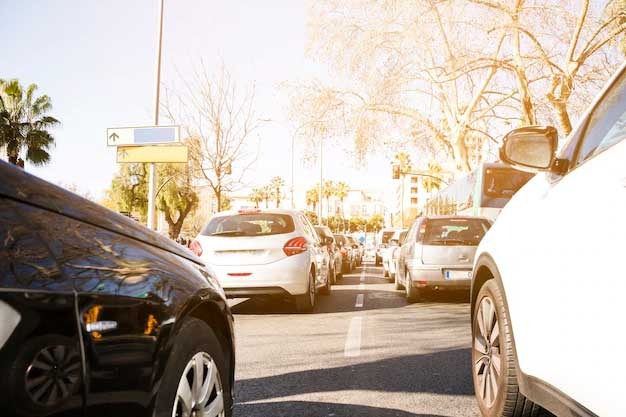6 Tips While Buying A Used Car

Buying a pre-owned or used car can be a challenge but owning one can be a very fulfilling ride, especially if you are able to negotiate a good deal. Follow our guide to buying a pre-owned car for a smooth, stress-free experience.
1: Have a goal and budget in mind
The first step in your used-car buying journey is to zero in on the type or model of car you want to buy.
Do you want to buy a hatchback or sedan; an SUV or a convertible? Will you be using the car for your office commute in the city or long road trips on weekends? Use HDFC Bank’s website to compare and research used cars.
If you know the kind of car you want to buy, you can also arrive at an approximate budget. Once you have a budget, you can plan how you will raise the funds to finance the car.
HDFC Bank offers hassle-free loans on used cars.
2: Inspect the car
Look for dents, damage, rust and the tyre condition, since you may need to bear the cost of fixing or replacing them later.
Especially check if you can spot any recent paint or touch up activity.
Under the hood, check that the car still has the original engine. Also, watch out for possible leaks.
Take along a trusted car expert or mechanic who will provide you insights into the car.
3: Take the car for a drive
Ensure the car’s headlights, steering wheel, gears and brakes are functioning properly.
Pay attention to noises from the engine, especially at sharp turns, and over bumps and potholes.
If possible try to drive it in different conditions, at different speeds.
Ask yourself whether you like the feel and handling of the car. Does it offer the driving experience you would like from your car?
Test all the electronics – sound system, air conditioner, power windows, auto locking, etc.
4: Ask for the car’s history
It is not just the numbers on the car’s odometer that indicate its history. You also need to be aware of other factors that contribute to the car’s condition.
Ask for service and maintenance records of the car.
Do some research on the model and year of manufacture, particularly any recurring problems reported by car owners.
Consider the manufacturer’s reputation while you evaluate the car.
5: Check the car’s documents
Ask for the car’s original registration papers (RC book) before communicating your decision. Also, read the existing insurance policy and check the no claim bonus.
Other documents that you will need include tax documents and a valid PUC certificate.
6: Negotiate your way to a great deal
Whether you are buying your car from a dealer or an owner, there’s always room for negotiation. Do your due diligence on the market price of similar cars. Be wary of offers that are too good to be true and don’t hesitate to walk away from a deal if you suspect something is fishy.
Also Read: Must-Know: 10 Important Things About Automatic Cars

